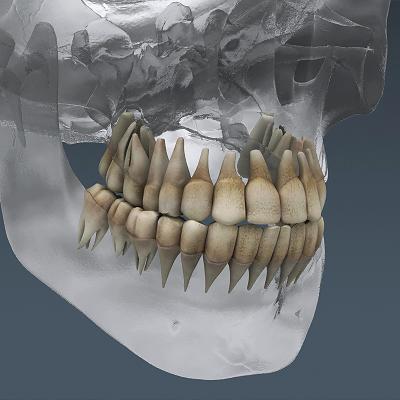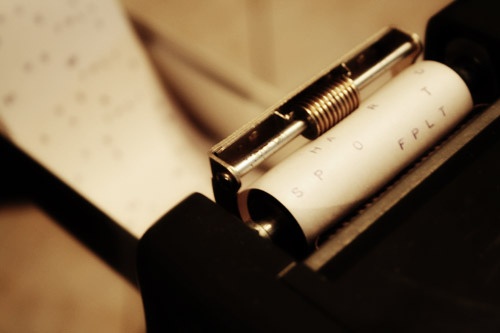I spent the five happiest years of my life in a morgue. As a forensic scientist in the Cleveland coroner’s office I analyzed gunshot residue on hands and clothing, hairs, fibers, paint, glass, DNA, blood and many other forms of trace evidence, as well as crime scenes. Now I'm a certified latent print examiner and CSI for a police department in Florida. I also write a series of forensic suspense novels, turning the day job into fiction. My books have been translated into six languages.
Again, titles and job requirements aren't uniform, so the only way to know is to call the crime labs in your area or whereever you might be interested in working and ask them. At the coroner's office we had to have at least a bachelor's in a natural science (this was before they had forensic science majors). At the police department where I am now, they only require a high school diploma but you get more points in the interviewing process for having a four year degree, so we all have one. You can also go on the websites for professional organizations such as the American Academy of Forensic Sciences and check out their job vacancy postings and see what the various positions require. Good luck.
Sorry, I think that's something I used to know years ago but have since forgotten. I know the DNA can be cut, maybe by enzymes? into the sections of short tandem repeats. But I haven't done DNA analysis in 20 years, so my skills are not up to date. Sorry I couldn't help!
Generally about a 6 to 10% identified rate is good. Many prints that are collected at scenes by officers are ‘not of value for comparison ‘ (smudges or only have a few ridges) and many that are good belong to the victim or their friends, family, employees etc.
Sorry, but no. I’ve never been involved in the psychology of the suspects.Best of luck!
Oral and Maxillofacial Surgeon
 How often do people wake up during surgery?
How often do people wake up during surgery?
MBA Student
 How many years of work experience do you REALLY need before applying?
How many years of work experience do you REALLY need before applying?
Court Reporter
 How do you transcribe when people in the courtroom are talking over and interrupting each other?
How do you transcribe when people in the courtroom are talking over and interrupting each other?
Sure, no problem. Please email me at lisa-black@live.com.
Any science major is a good thing. The requirements for each agency or lab vary, so if you have a particular location in which you wish to work, you might call all your potential employers and ask what the job requirements are. Then you can decide whether a science degree, a forensic science degree, a masters or a PhD would be best. Also check salaries and decide whether they are sufficient, and be prepared for a lot of competition.
-OR-
 Login with Facebook
Login with Facebook (max 20 characters - letters, numbers, and underscores only. Note that your username is private, and you have the option to choose an alias when asking questions or hosting a Q&A.)
(A valid e-mail address is required. Your e-mail will not be shared with anyone.)
(min 5 characters)
By checking this box, you acknowledge that you have read and agree to Jobstr.com’s Terms and Privacy Policy.
-OR-
 Register with Facebook
Register with Facebook(Don't worry: you'll be able to choose an alias when asking questions or hosting a Q&A.)